Understanding AC Drives
AC drives, a pivotal component in modern industry, regulate the speed and torque of an AC motor by adjusting the motor's electrical input. This sophisticated technology is essential for applications requiring precise motor control, from small-scale machinery to extensive industrial compressors. By manipulating the frequency and voltage supplied to the motor, AC drives optimize the performance of electromechanical drive systems.
Types and Topologies of AC Drives
The market offers a diverse range of AC drive topologies to suit various applications. Key variants include voltage-source inverter (VSI) drives, current-source inverter (CSI) drives, and six-step inverter drives. Advanced types like cycloconverter and matrix converter (MC) topologies, as well as load commutated inverter (LCI) drives and Doubly fed slip recovery systems, cater to more complex requirements. Each topology is designed to match specific operational demands, ensuring efficient and reliable control of AC motors.
Applications of AC Drives
AC drives are integral to numerous industrial processes. They are commonly employed in conveyor systems, adjusting pump speeds, and controlling blower speeds. Their versatility also extends to machine tool speed regulation, highlighting their importance in precision and productivity. The variable frequency drive HVAC systems exemplify the critical role of AC drives in optimizing energy consumption and maintaining desired environmental conditions in buildings.
Features and Advantages
The utilization of an AC motor with speed controller like the Powerflex 525 or ABB ACS880 results in enhanced efficiency compared to traditional flow control methods. These drives offer the advantage of reduced energy consumption, lower operational costs, and extended equipment life due to less mechanical stress. Furthermore, the adaptability of AC drives allows for precise speed and torque control, which is crucial in applications that demand variable speeds and loads.
Materials and Construction
AC drives are constructed using robust materials that ensure durability and consistent performance. The internal electronics, often comprising insulated-gate bipolar transistors (IGBTs) and other semiconductor devices, are designed for resilience under fluctuating industrial conditions. The exterior enclosures are typically made from industrial-grade metals or composites, providing protection against environmental factors.
Choosing the Right AC Drive
Selecting the appropriate AC drive, such as the Delta VFD drive or Yaskawa A1000, requires consideration of the specific application and operational demands. Factors such as power ratings, control features, and drive topology are crucial in determining the most suitable AC drive. It is essential to assess the compatibility of the drive with the intended AC motor and the operational environment to ensure optimal performance and longevity.

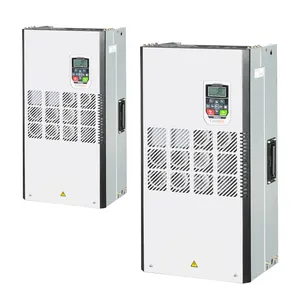







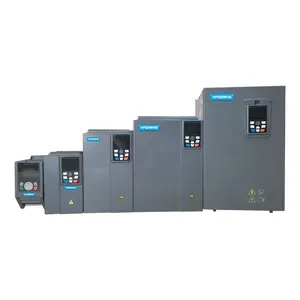


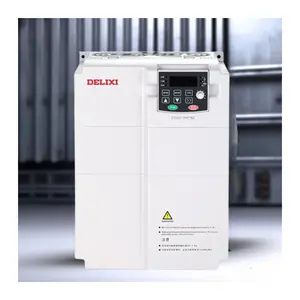

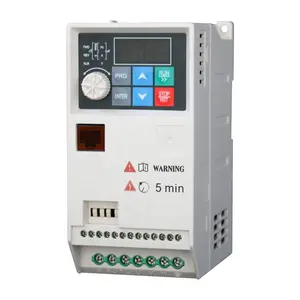
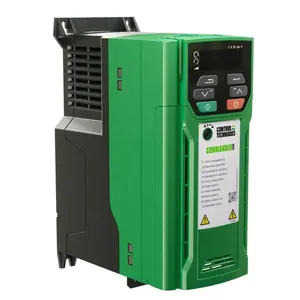



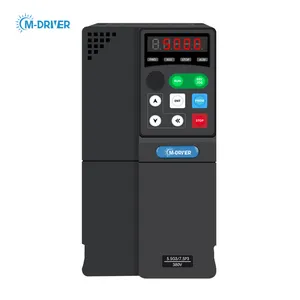

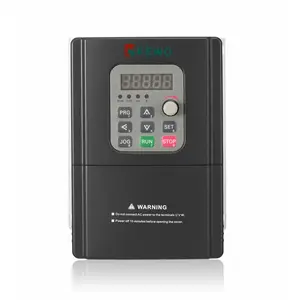



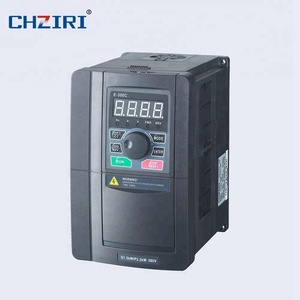


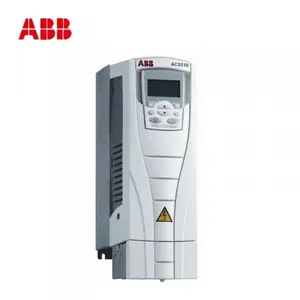







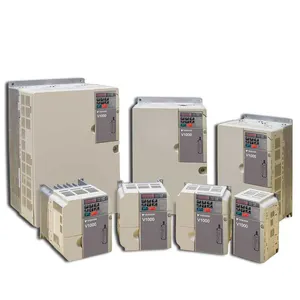





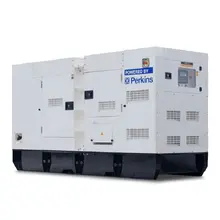



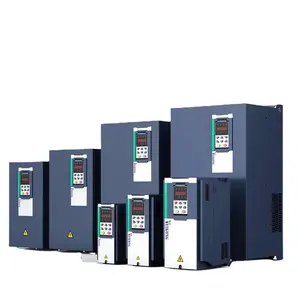
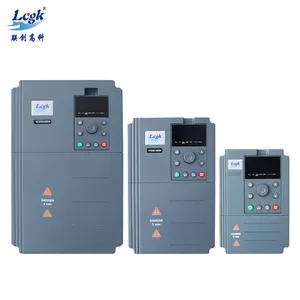

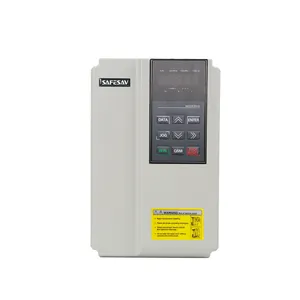




















 浙公网安备 33010002000092号
浙公网安备 33010002000092号 浙B2-20120091-4
浙B2-20120091-4